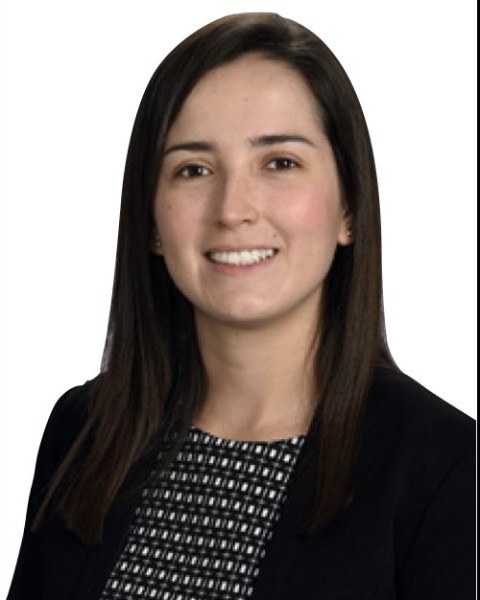Health Equity/Social Determinants of Health
Health Equity/Social Determinants of Health 2
532 - Lost in translation: improving communication of child maltreatment topics with Spanish-speaking caregivers
Publication Number: 532.117
- KY
Katherine Yun, MD MHS (she/her/hers)
Associate Professor of Pediatrics
Children's Hospital of Philadelphia
Children's Hospital of Philadelphia
Philadelphia, Pennsylvania, United States 
Maria C. Aldana Sierra, MD (she/her/hers)
Child Abuse Pediatrician
Phoenix Children's Hospital
Chandler, Arizona, United States
Presenting Author(s)
Co-Author(s)
Background:
One in four children in the U.S. is Hispanic. Among Hispanic children, 40% have at least one parent with limited English proficiency, and 51% have at least one parent who was born outside the U.S. Working with diverse families presents a unique opportunity in the health care and child welfare systems. There is a crucial need to develop and implement strategies to support effective, culturally sensitive communication to understand the challenges Spanish-speaking caregivers face with child welfare related topics and to mitigate barriers.
Objective:
To explore Spanish speaking caregivers’ perceptions regarding child maltreatment topics and to inform development of approaches to improve communication of these concerns.
Design/Methods:
This is a qualitative study of Spanish speaking caregivers of children under the age of 19 years receiving emergency or inpatient medical care at an urban tertiary care pediatric hospital. Subjects were purposively sampled. Semi-structured, open-ended interviews were conducted with individual caregivers or with co-parenting couples. Interviews were recorded and transcribed. Rapid qualitative analysis guided by a modified grounded theory approach was conducted. Pre-set domains included definitions, child maltreatment reporting practices; perceptions and preferred words for discussing child maltreatment topics; and advice to improved communication. Illustrative quotes were translated.
Results:
The sample included 20 Spanish-speaking-immigrant caregivers primarily from Mexico, Dominican Republic, and other Central American countries. Thirteen caregivers reported living in the U.S for more than 10 years, eight of them have been in the U.S for 18 or more years. There was just one caregiver who self-described his English proficiency as “well”. Themes included: 1) Experiences with discrimination; 2) Mixed perceptions about the child welfare system in the US; 3) Limited knowledge about child welfare systems; 4) Cultural influences in parenting; 5) Discomfort with sensitive exams; 6) Unique challenges of immigrants; 7) Provider-caregiver communication and Interpretation services.
Conclusion(s):
Findings offer rich and multilayered insights into the complexity of providing services to Spanish speaking families. Healthcare and child welfare services need to support effective, culturally appropriate communication. Specific recommendations included: 1) Increasing availability culturally appropriate training; 2) Strengthening bilingual and/or bicultural workforce; 3) Adapting communication strategies to the reality of current immigration fears for Hispanic Families.
